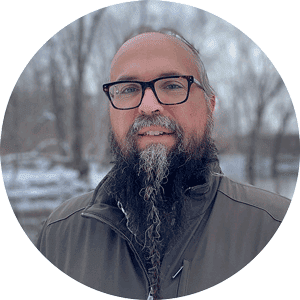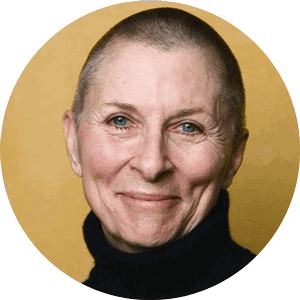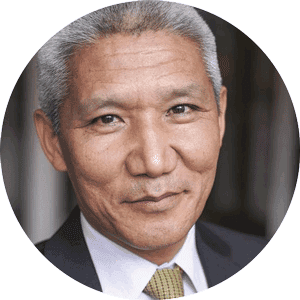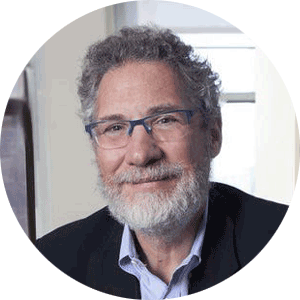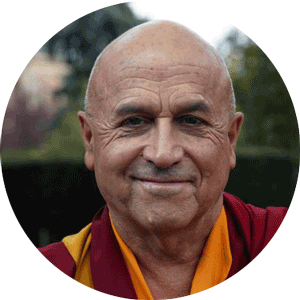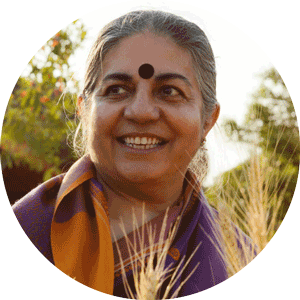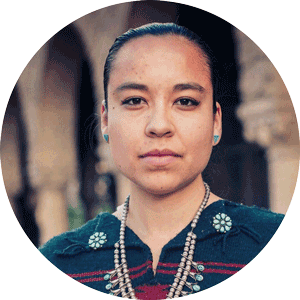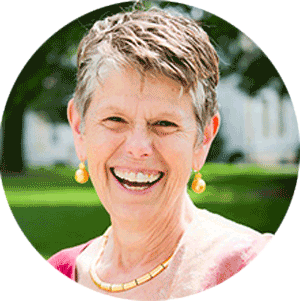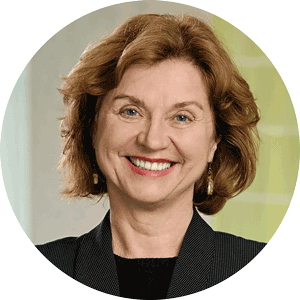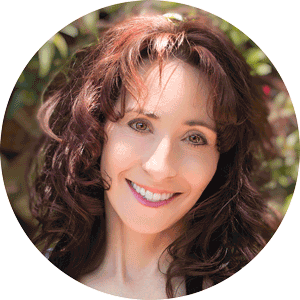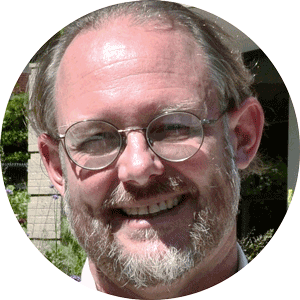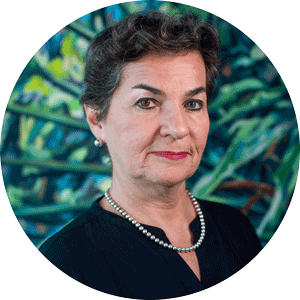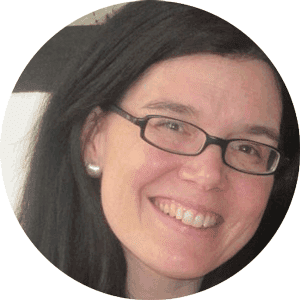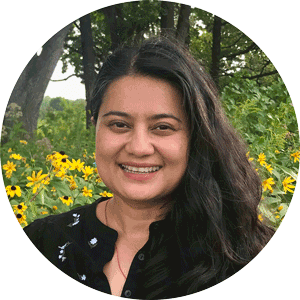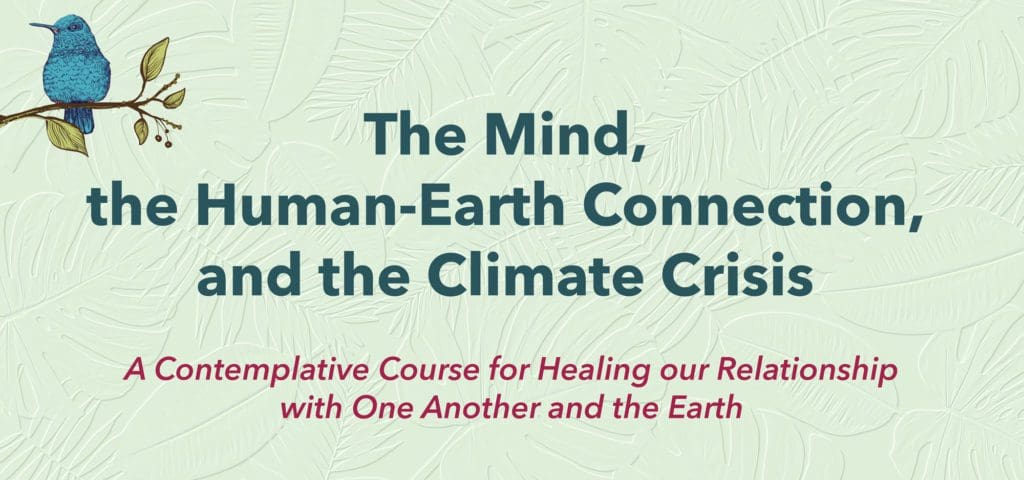
10 Hours, 20+ Speakers, 1 Message:
The Climate Crisis, It’s a Relationship Problem

The climate crisis affects us all, and increasingly it’s affecting our mental health. The problem can seem overwhelming and solutions beyond our grasp. What if what’s really needed is to reframe the issue? This 10-hour course combines the latest science—on climate change, behavior change, and social change—with contemplative wisdom. You’ll learn from 20+ leading experts from around the globe, including Indigenous leaders, scientists, scholars, contemplative teachers, and activists, about the root causes of the climate crisis and strategies for healing our relationship with one another and the earth.
Specifically, you’ll gain actionable insights into:
- The climate crisis as a relationship problem and the need for a new story rooted in our fundamental interconnection
- The historical and psychological roots of the crisis and the deeply-embedded values and belief systems that stand in the way of change
- Practices for building resilience and reconnecting with nature and each other
- The role of the mind—and importance of shifting mindsets—as part of the solution
- The science of behavior change
- Integral approaches and the promise of quantum social change
- Strategies for motivating individual action and collective efficacy to advance promising solutions—at scale
The course is divided into five two-hour lessons that you can pursue at your own pace. The majority of content is delivered through engaging video presentations excerpted from Mind & Life’s 2021 Summer Research Institute. Also included are contemplative practices, reflection questions, and action steps. The course is designed for use by students, educators, concerned citizens, and community groups/organizations seeking to mobilize and motivate individuals to be part of the solution.
The course is open and all content is instantly available upon registration. It is self-paced and content will be available to registrants indefinitely.
Course registrants have exclusive access to a recorded Zoom presentation and Q&A with Vandana Shiva from a live event in February 2022.
Registration and Pricing
Pay it Forward
$65
- I love the mission and want everyone to take this course!
Standard Price
$50
- I will gladly support this project at the standard price.
Sliding Scale
$35
- I want to help offset the cost of creating this course.
– also available –
Access for All
For those who can’t support this project financially right now, but are inspired to use these ideas and practices in their lives and communities.
Click here to register with Access for All
Curriculum Overview:
Contemplative Practices:
Kaira Jewel Lingo and Willa Blythe Baker

Each lesson includes a contemplative practice that form a 5-part curriculum designed to cultivate resilience:
- Body as a Mountain
- Finding, Creating, and Sensing Space
- Cultivating Love and Kindness
- Natural Breath
- Gratitude to All for the Sake of All
What people are saying:
“An incredibly eye-opening experience.”
“I now understand in my mind what I already knew in my heart; that this moment in time is a spiritual reckoning with our habitat, and that science alone will not fix the problem.”
“Where I previously felt lost, overwhelmed, and even alone…
My path is all the brighter.”
The course is now open and all content is instantly available upon registration. It is self-paced and content will be available to registrants indefinitely.
Questions?
For more information, please contact courses@mindandlife.org.


